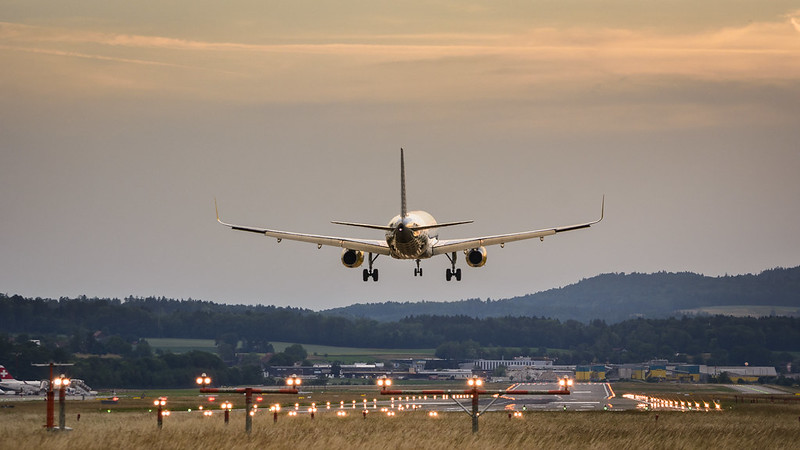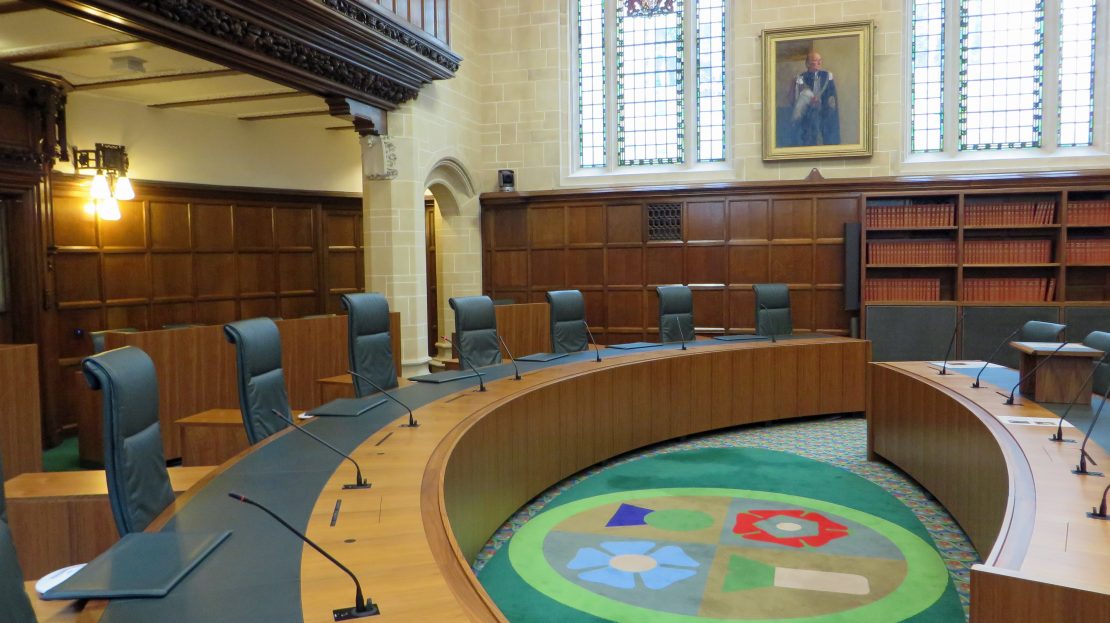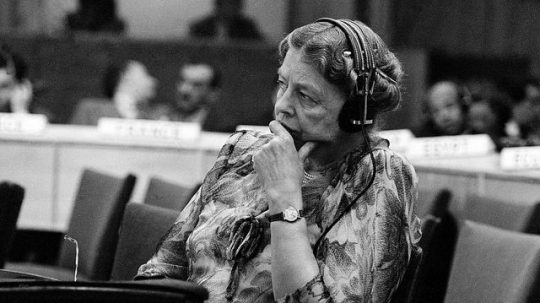As the UK announces the final evacuation flights for British nationals out of Sudan, we ask the question: what rights do Brits have abroad?
Yesterday, Foreign Secretary James Cleverly said British nationals still wanting to leave Sudan should act urgently and board last night’s plane, adding that there would be “no further British evacuation flights”. So far, 28 planes have returned to the UK carrying British nationals following the outbreak of conflict in the country.
In March, violence escalated between the Sudanese military and paramilitary group the Rapid Support Forces (RSF) attempting to gain control of the country. According to the the United Nations (UN), the conflict has already displaced approximately 334,000 people within Sudan.
How can the UK government help if you are overseas in an emergency?
There are three scenarios where the UK government’s Foreign, Commonwealth and Development Office (FCDO) is able to intervene:
- when an incident occurs in which large numbers of British people may have been killed or injured, or which continues to pose a danger
- when there are accounts of civil or political unrest
- in the case of events which cause disruption and hardship to large numbers of British people.
In those instances, the FDCO can choose to help British nationals, including dual nationals, and nationals from the Commonwealth who do not have an embassy of their own in the country in question.
However, the government admits that the help which the FCDO can provide in a crisis may be ‘limited’. It states: “We have a duty of care to our staff and we will not send them into a situation where we judge that their safety could be seriously at risk.”
The FCDO was criticised last week, following accusations from the Labour Party that it missed a window of opportunity on Sunday to extend the evacuation to more than just British diplomats and their families.
The British government has an obligation to uphold the rights of people in the UK under the Human Rights Act (HRA). However, the HRA only applies to the UK as a jurisdiction and therefore Brits abroad cannot invoke its articles in order to demand help from the British government. Meanwhile, the European Convention on Human Rights (ECHR) only applies in countries which are signatories to it.
British nationals in Sudan are subject to Sudanese law and to international law and humanitarian treaties which Sudan has ratified, including the Universal Declaration of Human Rights (UDHR), the Refugee Convention and the Geneva Conventions. In 2019, a landmark Host Country Agreement was signed by the UN High Commissioner for Human Rights and the Government of Sudan, paving the way for the establishment of a fully mandated UN Human Rights office in the country.
Beyond the UDHR, other international human rights law also applies to people in Sudan, which has signed several other human rights treaties, including the International Covenant on Civil and Political Rights (ICCPR) and the Convention against Torture and Other Cruel, Inhuman or Degrading Treatment or Punishment.
Brits walk for hours in hope of rescue flights and are confronted with machine guns
Eiman Bribo, who was visiting Sudan to see her family with her husband and two children, told the Guardian: “We are all citizens of the UK, but they took the ones they believe are more important and they are first-class citizens, and left us who are second-class citizens behind.”
There have also been reports of Brits who have risked walking for hours, despite being warned they could be shot, in the hopes of boarding an evacuation flight to the UK.
Leila Latif, a British-Sudanese journalist, said senior members of the British embassy were on holiday when the violence broke out, leaving her and her children to make their own way to Egypt, which was ‘absolute hell’, as men with machine guns stopped and boarded the bus they were on.
Latif told Sky News: “I remain absolutely furious that, as a British citizen in a vulnerable situation, that was what I was put through.”
British embassy failed to return passports, leaving people stranded
Following the evacuation of the British Embassy in Khartoum on 23 April, Sudanese nationals have been left without access to their passports, after the embassy closed with their passports inside the building.
In response to the allegations, the government has stated that it had “no option but to close the visa application centre in Khartoum” and is “doing everything possible to provide support” to people that are eligible to come to the UK.
British Embassies have closed or have not been established in several places around the world, including Syria, Central African Republic and Burkina Faso, as well as several other nations in Africa, Asia and Oceania.
Braverman claims the response was ‘extensive’
British Home Secretary Suella Braverman was questioned as to why the UK government has not provided escorts to help people get to the airbase in the Sudanese capital, Khartoum, from where some of the evacuation flights have taken off. In response, she called the response ‘an extensive and wide-ranging package of support focused on British nationals.’
According to the World Health Organisation (WHO), approximately 16% of Sudan’s medical facilities are working and accessible. With the country descending into humanitarian crisis, attention is turning to governments to see if they will open safe routes for asylum seekers – as they did with people fleeing Ukraine last year. However, when posed the question, Braverman stated that the UK government has no plans to provide safe routes for refugees fleeing Sudan.





